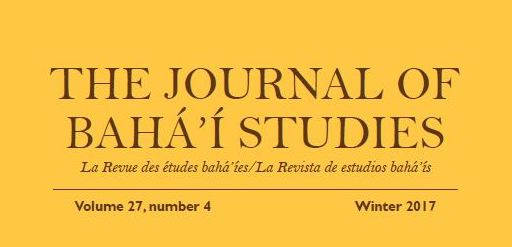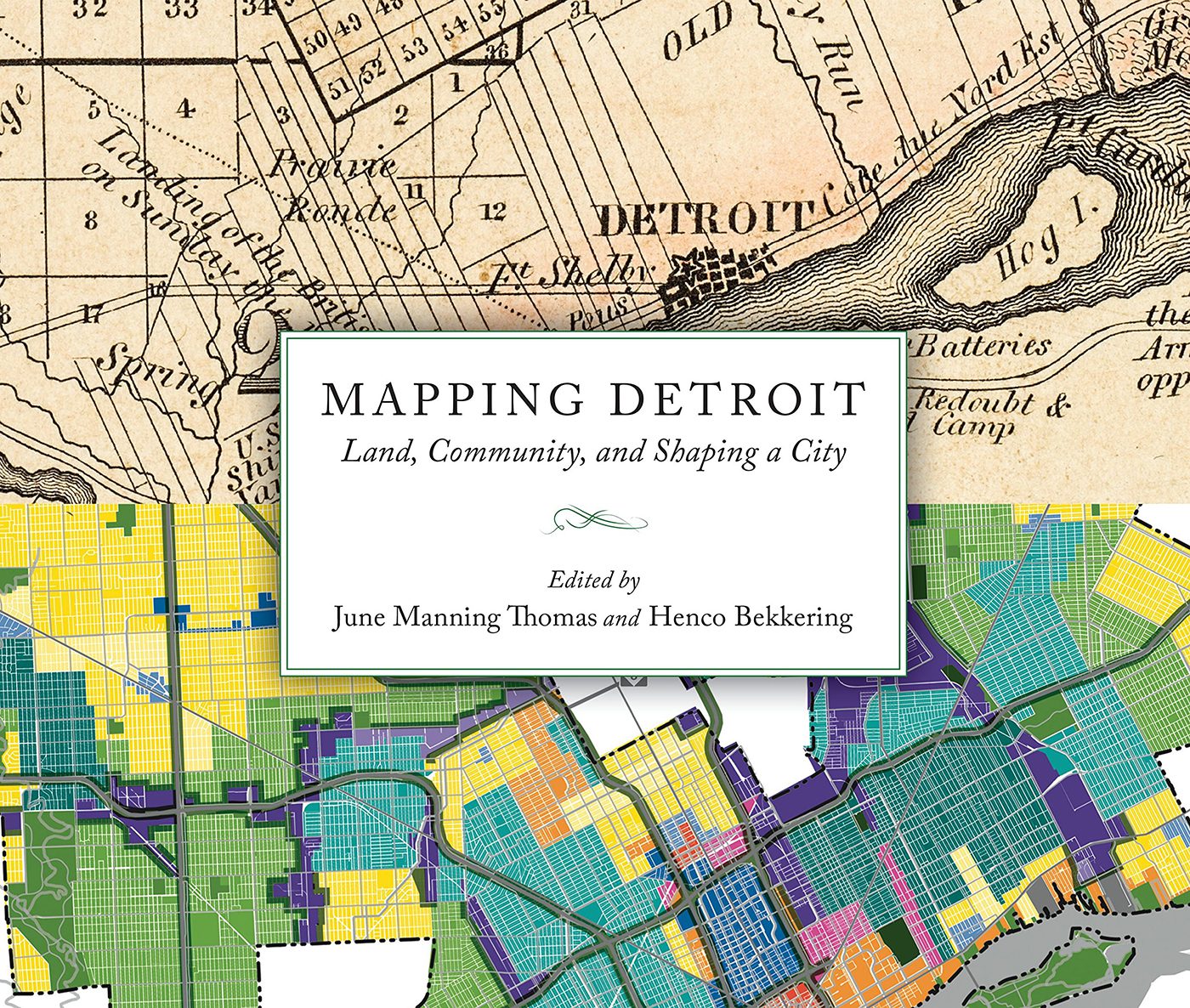June Manning Thomas
June Manning Thomas is the Centennial Professor Emerita of Urban and Regional Planning at the University of Michigan’s Taubman College of Architecture and Urban Planning, where she also is the Mary Frances Berry Distinguished University Professor of Urban Planning. In 2003, she was inducted as a fellow in the American Institute of Certified Planners.
Thomas served as president of the Association of Collegiate Schools of Planning from 2013 to 2015 and was immediate past president from 2015 to 2016. Thomas writes about diversification of the planning profession, planning history, and social equity in neighborhoods and urban revitalization. Recent research explored the relationship between the concept of social equity and the civil rights movement, and examined the land-use reactions of community organizations to vacant land in Detroit. Her books include the co-edited Urban Planning and the African American Community: In the Shadows (Sage, 1996); Redevelopment and Race: Planning a Finer City in Postwar Detroit (Johns Hopkins University Press, 1997; second edition, Wayne State University Press, 2013); Planning Progress: Lessons from Shoghi Effendi (Association for Baha’i Studies, 1999); he co-edited The City after Abandonment (University of Pennsylvania Press, 2013); and the co-edited Mapping Detroit: Evolving Land Use Patterns and Connections (Wayne State University Press, 2015). Her latest book is the semi-autobiographical Struggling to Learn: An Intimate History of School Desegregation in South Carolina (University of So. Carolina Press, 2022).
She is the recipient of the Association of Collegiate Schools of Planning’s 1999 Paul Davidoff Award for her book, Redevelopment and Race. She previously was a professor at Michigan State University, where she developed statewide initiatives to link urban planning services on campus with community development needs in Michigan cities.
She received a PhD in urban and regional planning from the University of Michigan.
This faculty member is not teaching courses.















